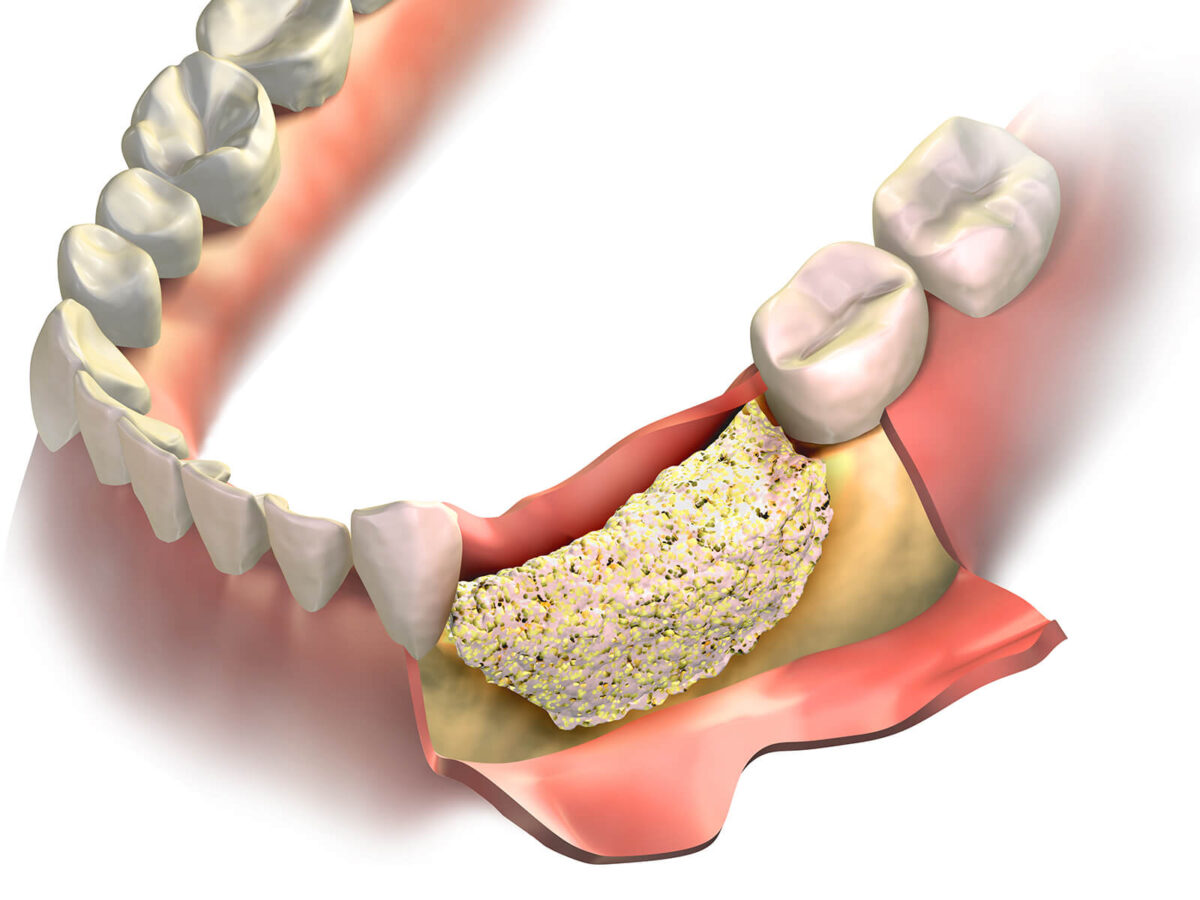Blog
Dental hygiene tips for healthy teeth & gums

Dental Bone Graft Recovery & Aftercare: What To Expect
Undergoing a dental bone graft procedure can be a significant step towards restoring your oral health and achieving the smile you desire. However, proper recovery and aftercare are essential aspects of ensuring the success of the procedure. In this comprehensive guide, we’ll walk you through what to expect during dental bone graft recovery and provide valuable insights into post-operative care practices.
Understanding Dental Bone Grafts: The Basics
Before delving into the recovery process, let’s first understand what dental bone grafts entail. A dental bone graft is a surgical procedure that involves transplanting bone tissue to a specific area of the jawbone where bone loss has occurred. This procedure is commonly performed to augment bone volume for dental implant placement or to repair bone damage caused by trauma or disease.
The Dental Bone Graft Recovery Process: What to Expect
After undergoing a dental bone graft procedure, it’s normal to experience some discomfort and swelling. Here’s what you can expect during the recovery process:
- Immediate Post-Operative Care: Following the procedure, you may be given pain medication and antibiotics to manage discomfort and prevent infection. You’ll also be instructed to apply ice packs to reduce swelling and inflammation.
- Initial Healing Phase: During the first few days after surgery, it’s essential to rest and avoid strenuous activities. Stick to soft foods and liquids to avoid putting undue pressure on the surgical site.
- Long-Term Healing: Over the next several weeks, your body will gradually begin to regenerate new bone tissue in the grafted area. It’s crucial to follow your dentist’s instructions regarding oral hygiene practices and dietary restrictions to support the healing process.
Aftercare Practices for Optimal Healing
To promote successful healing and minimize the risk of complications, here are some essential aftercare practices to follow:
- Maintain Good Oral Hygiene: While it’s essential to keep the surgical site clean, avoid brushing or flossing directly over the graft site until your dentist gives you the green light to do so.
- Follow Dietary Guidelines: Stick to a soft or liquid diet for the first few days after surgery, gradually reintroducing solid foods as tolerated. Avoid hard or crunchy foods that could irritate the surgical site.
- Attend Follow-Up Appointments: Be sure to attend all scheduled follow-up appointments with your dentist or oral surgeon. These visits allow your provider to monitor your progress and address any concerns or complications promptly.
Potential Complications and When to Seek Help
While complications after dental bone graft surgery are rare, it’s essential to be aware of warning signs that may indicate a problem. Contact your dentist or oral surgeon immediately if you experience:
- Persistent or severe pain
- Excessive bleeding or swelling
- Signs of infection, such as fever or pus discharge
- Persistent numbness or tingling in the surgical area
Conclusion
Recovering from a dental bone graft procedure requires patience and diligence, but with proper care and attention, you can achieve optimal healing and long-term success. By understanding what to expect during the recovery process and following your dentist’s aftercare instructions, you’ll be well-equipped to navigate the journey to restored oral health.
If you have any questions or concerns about dental bone graft recovery or aftercare, don’t hesitate to reach out to your dental provider. They’re there to support you every step of the way on your path to a healthier smile.
